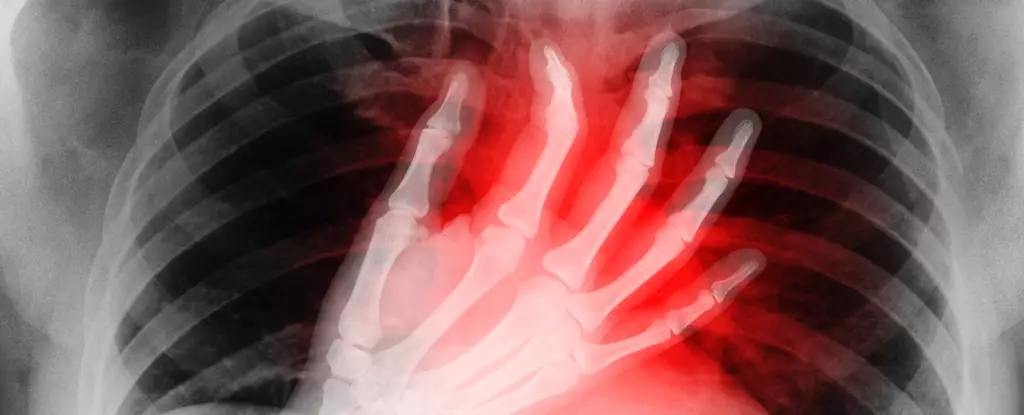As the festive season rolls in, workplaces and homes alike come alive with celebrations, often accompanied by copious amounts of food and drink. While these gatherings foster joy and connection, they can also usher in some alarming health risks, particularly involving the heart. A notable concern that emerges during this time is “holiday heart,” a term that encapsulates a range of cardiovascular symptoms linked to excessive alcohol consumption. This article delves into the implications and prevention strategies associated with this seasonal phenomenon.
During the holiday season, many indulge in binge drinking, leading to conditions like alcohol-induced atrial arrhythmia. This medical terminology refers to an irregular heartbeat triggered by excessive alcohol intake, often marked by sensations like palpitations, dizziness, or shortness of breath. Commonly, these symptoms result in individuals seeking emergency medical assistance, where they might be diagnosed with conditions significantly worsened by their holiday indulgences.
The term “holiday heart syndrome” was first introduced nearly five decades ago, highlighting the peculiar correlation between festive celebrations and heart rhythm irregularities in healthy individuals. Notably, these arrhythmias are not limited to major holidays; they can occur any time excessive drinking takes place, underscoring the need for awareness of alcohol’s effects year-round.
The underlying mechanisms that connect excessive alcohol consumption to irregular heart rhythms are multifaceted. Consumption of alcohol triggers disruptions in the nervous system, which can result in dehydration and inflammation. These changes may alter the heart’s electrical system, leading to arrhythmias. While some individuals may experience acute symptoms such as chest pain or palpitations, others may not exhibit any warning signs at all, making it critical to monitor one’s health during excessive drinking occasions.
Common presentations of these issues typically include heart flutters, syncope, and dyspnea. In emergency departments, health professionals regularly encounter patients who present with these symptoms following holiday festivities. Diagnostic tests like Electrocardiograms (ECGs) become essential tools for clinicians in evaluating and managing such competitive and potentially life-threatening conditions.
After reporting symptoms, healthcare providers will typically conduct a series of evaluations to ascertain the specific heart rhythm problem. For many patients, ECGs provide crucial insights, revealing the heart’s electrical activity and identifying any anomalies such as the “P wave,” which is integral to monitoring the upper heart chambers’ function. Blood tests may accompany these procedures to assess electrolyte levels and other critical health markers, including kidney and liver functions.
The prognosis for most individuals diagnosed with “holiday heart” remains positive, especially when caught early and subjected to appropriate interventions. A noted recommendation includes drastically reducing or ceasing alcohol consumption, which can significantly alleviate symptoms and restore heart rhythms. However, some may be diagnosed with atrial fibrillation, a condition requiring more aggressive management through medication or even surgical options such as cardioversion or cardiac ablation. Ignoring these symptoms can elevate the risk of serious consequences, including blood clots and strokes.
Given the potential for serious health repercussions, prevention emerges as a priority. While specific recommendations can vary, it is prudent to adhere to alcohol consumption guidelines. In Australia, health officials advise men and women to limit their alcohol intake to no more than ten standard drinks per week and no more than four in one day.
Furthermore, interspersing alcoholic beverages with water can counteract dehydration, a major contributor to holiday heart syndrome. Beyond drinking habits, it is also advisable to engage in stress-reduction techniques, regular physical activity, and maintaining a heart-healthy diet to bolster overall well-being.
As celebrations kick into gear, being mindful of alcohol consumption can safeguard one’s health. Recognizing the signs of holiday heart not only fosters personal responsibility but also promotes wellness during what should be a joyous and festive time of year.
While holiday gatherings provide an opportunity for celebration and connection, it is essential to remain cognizant of the risks associated with excessive drinking. By being informed and taking care of our heart health, we can enjoy a festive season that prioritizes safety and well-being.


Leave a Reply